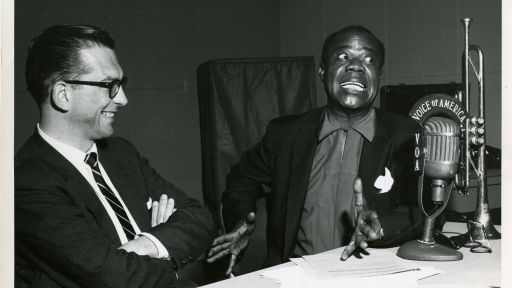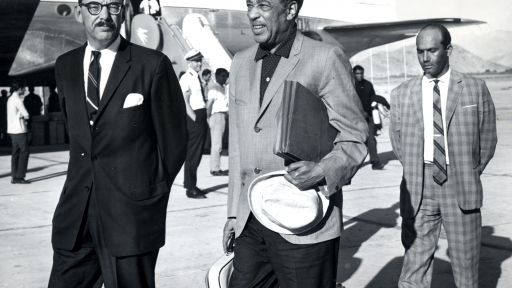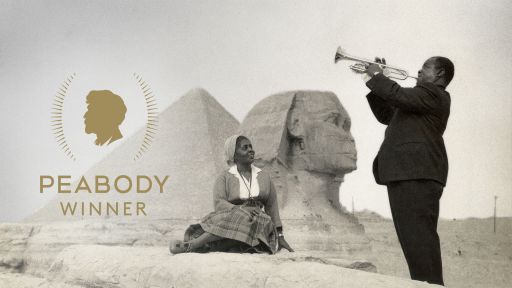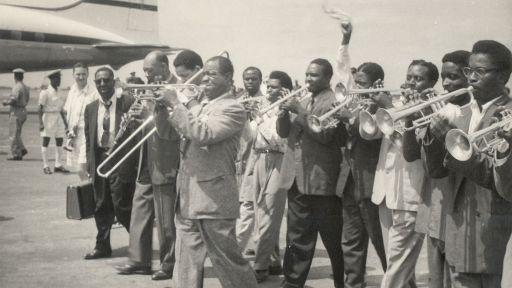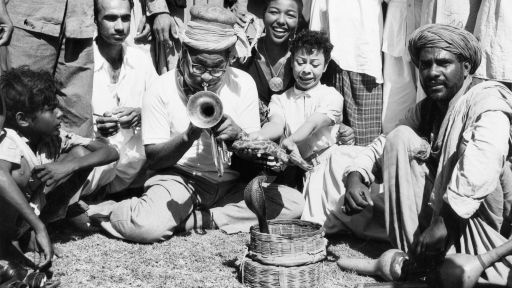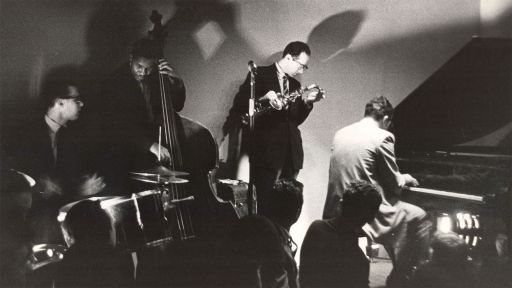Adam Clayton Powell, Jr. Teams Up with Dizzy Gillespie
In 1955, Congressman Adam Clayton Powell, Jr. convinced U.S. leaders that jazz was the best way to intervene in the Cold War cultural conflict, with trumpeter Dizzy Gillespie becoming the first jazz ambassador to help counter Soviet stories about American racism.
Read Transcript
When Adam Clayton Powell comes back he sees black culture, in particular jazz, as the best way to intervene in the Cold War cultural conflict, to win over the, kind of, hearts and minds of the countries of Africa and Asia.
In retrospect, it seems obvious that my father would have this idea, but at the time it was without precedent.
One of the people who we''re planning to use, my friend Dizzy Gillespie, who''s the father of modern jazz.
What do you think about that, Dizzy?
I don''t think we''ll have any trouble converting the people over to our style of music.
You think they''ll dig that?
I think they''ll dig it very nicely.
This is what we might call a Cool War,'' rather than a Cold War.
[laughing] The weapon that we will use is the cool one.
[music] [music] They chose Dizzy because he was famous he already had an international following but what was not clear, I think, to the State Department that Dizzy had a history of political activism.
He was once a card-carrying member of the Communist Party, not so much ''cause he believed in it, but because in the 1930s you could get a gig at a CP event.
He is someone who is always very outspoken about civil rights and human rights so, he was the unlikely choice politically. He was a very likely choice in the commercial realm He was not gonna sugar-coat some of the horrors that was going on to black people at that time.
He was not gonna get America off the hook. And that''s what he said and we all, basically, felt the same way.

